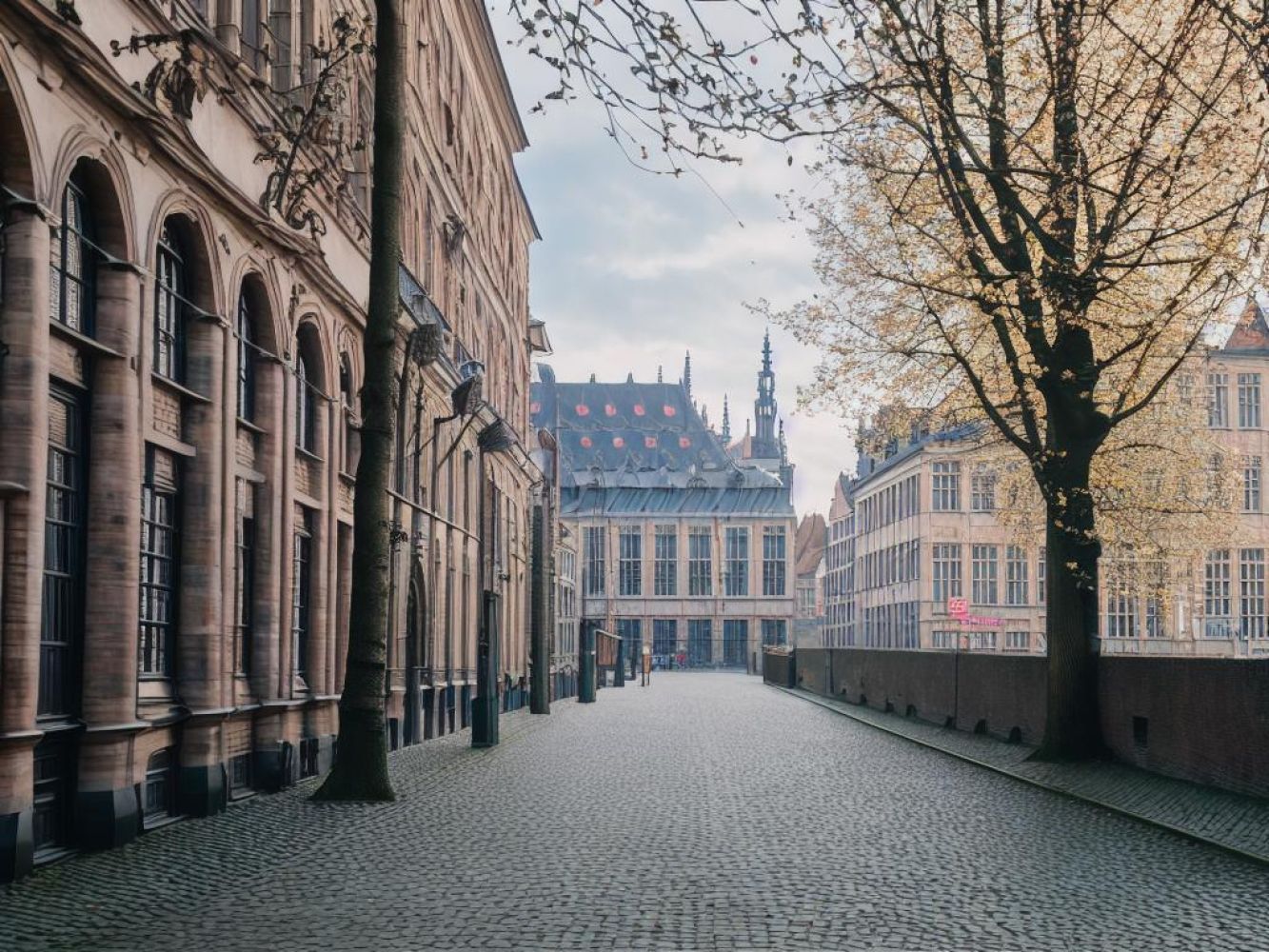Understand
Leuven, a city with a fascinating history, was likely founded in the 9th century. Its location at the river Dijle, near Brussels, adds to its allure. Unfortunately, during World War I, the German invasion left most of the city destroyed and burned to the ground. Leuven faced further damage during World War II. Despite these setbacks, efforts were made to preserve the historic center, leading to the restoration of iconic buildings like the University Library, often with the help of foreign relief funds. Located just 20 km east of Brussels, Leuven serves as the capital for the Province of Flemish Brabant in Belgium. It is a hub for administrative services and houses the Provincial Building, where the province council is based. The city's main industries revolve around technology, thanks to the presence of the University, and beer production. Leuven is home to significant companies such as InBev and Imec. Leuven boasts two UNESCO World Heritage Sites, including the Groot Begijnhof (Grand Beguinage) as part of the Flemish Beguinages. The Belfry on St Peter's Church is another distinguished attraction and contributes to the Belfries of Belgium and France. Furthermore, Leuven's University buildings and the Historic Centre are under consideration as a future World Heritage site in their own right.
Map & Climate
Popular Foods
 Belgian Waffles - These crunchy, sweet treats are a staple of Belgian cuisine. Made from yeasted batter and cooked on a waffle iron, they're typically served hot with sugar and whipped cream or fruit. Some varieties even include chocolate chips or savory ingredients like cheese and ham.
Belgian Waffles - These crunchy, sweet treats are a staple of Belgian cuisine. Made from yeasted batter and cooked on a waffle iron, they're typically served hot with sugar and whipped cream or fruit. Some varieties even include chocolate chips or savory ingredients like cheese and ham.






Comments
NO COMMENTS